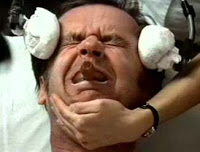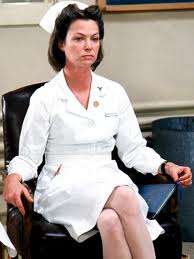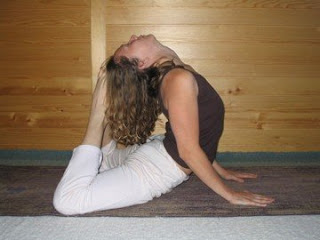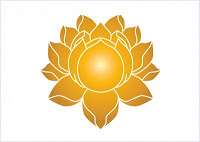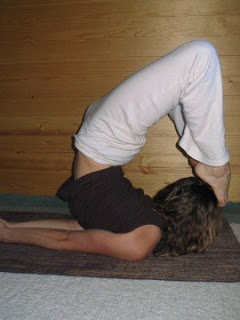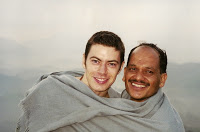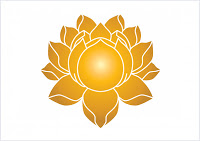Once, when I was sleeping over at Mark’s house I woke up having shat in the bed (I promise you, it never happened before or since). After I got over my fear of waking up Nurse Ratched and telling her the bad news, I stood in the hall and chuckled to myself as she changed the sheets. Somehow, it felt like divine retribution.
Offended by the word Cunt? (This one’s for you)
Once, when I was sleeping over at Mark’s house I woke up having shat in the bed (I promise you, it never happened before or since). After I got over my fear of waking up Nurse Ratched and telling her the bad news, I stood in the hall and chuckled to myself as she changed the sheets. Somehow, it felt like divine retribution.
